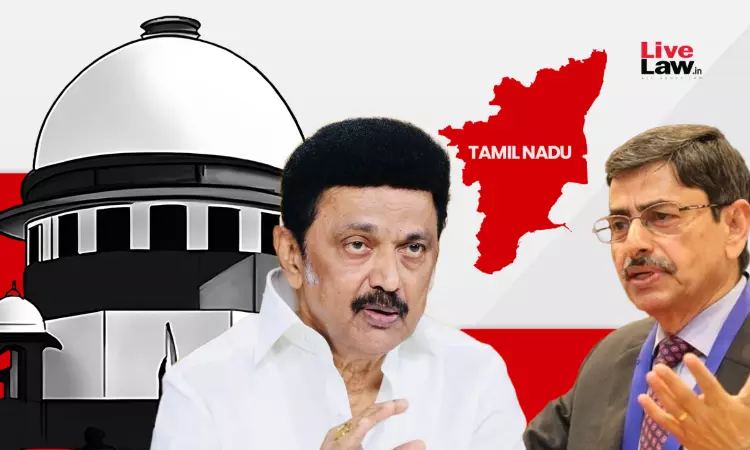
In a significant judgment, the Supreme Court of India has reaffirmed that Governors must generally act in accordance with the advice of the State Council of Ministers when deciding on the assent of bills. This ruling underscores the principle that the Governor, as a titular head of state, cannot exercise absolute discretion in withholding assent to bills passed by the State Legislature.
Clarifying the Governor’s Role Under Article 200
The Court’s decision stems from a case involving the Tamil Nadu Governor, where the issue of gubernatorial discretion in granting assent to bills was brought into question. The bench, comprising Justice JB Pardiwala and Justice Mahadevan, emphasized that the Governor’s role is largely ceremonial and should align with the aid and advice provided by the State’s Council of Ministers, as outlined in Article 163(1) of the Constitution.
Exceptions to the General Rule
While the Court established that Governors must generally follow the advice of the Council of Ministers, it acknowledged certain exceptions. These include situations where:
- The bill pertains to matters requiring the President’s assent before it can become law, as specified in various constitutional provisions.
- The bill, if enacted, would undermine the Constitution or the principles of representative democracy.
These exceptions are narrowly defined and are not meant to grant the Governor broad discretion to withhold assent.
Historical Context and Constitutional Intent
The Court referenced the Government of India Act, 1935, which granted Governors explicit discretion in reserving bills for the President’s consideration. However, this provision was omitted in the Indian Constitution, reflecting the framers’ intent to ensure that the will of the people, as expressed through their elected representatives, prevails in legislative matters.
Implications for State Governance
This ruling has profound implications for the functioning of state governments. By reinforcing the principle that Governors must act on the advice of the Council of Ministers, the Court has curtailed the potential for Governors to delay or obstruct legislation passed by the State Legislature. This decision aims to uphold the democratic process and ensure that legislative actions are not unduly hindered by executive inaction.
Conclusion
The Supreme Court’s judgment serves as a reminder of the constitutional framework that governs the relationship between the State Legislature and the Governor. It reaffirms the commitment to a parliamentary democracy where the executive functions in accordance with the elected representatives’ will, ensuring that the legislative process remains uninterrupted and effective.




































Leave a Reply